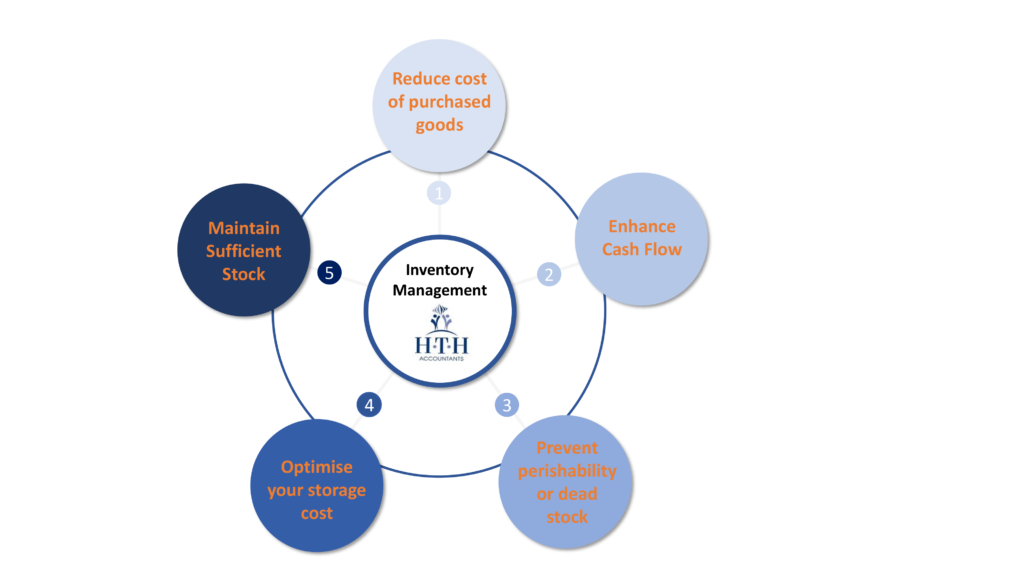Many businesses are now adjusting to the change in the market environment from rapid sales and staff income growth of recent years. While the focus on sales and service is crucial for a company’s
long-term survival, there is often significant potential for savings from better asset management.
In this article, we look at two key areas of asset management: receivables and inventory control.
Receivables
Credit control is an important company function. Granting credit is always a balance between risk and opportunity. Having good intelligence from the market is always critical in deciding the exposure that a company should have with customers. In current market conditions, it is particularly
important.
The following are several useful tips for Credit Control:

It is critical for effective credit control that the company has a culture that that views a sales transaction as being only completed when payment is received.
Paying commission following payment is a useful way to encourage the sales team to assist the collection process.
It is also critical that a manager reviews the Aged List of outstanding accounts with administration staff on at east a weekly basis. It is important to ensure that staff are aware that consistent follow up is crucial as accounts payable staff at the customers generally tend to prioritise payment to suppliers who are likely to hassle them when there is a delay.
Have a system where each credit customer is given a credit limit that is updated on the company’s computer system.
Following progress of larger value invoices before they become due for payment is also important.
It’s a common excuse that an invoice was only approved following the current month’s posting.
A company should have a system to ensure that customer service issues are swiftly addressed to ensure that both the business relationship is preserved and to avoid payment delays.
Consistent extension of credit by a good customer should not be a reason for extending payment terms as the new terms would likely be complied by either.
Depending on the industry, a cash element in the payment terms should be considered. A company cannot improve on its quoted items, but it can always remove the cash element for particular customers.
Inventory
With a downturn in sales, many companies will find that they have surplus stock. This is the time to review the inventory with a particular focus on slow moving items.

If a company has a returns policy with a manufacturer, it should consider returning slow moving items even through it will receive only a partial credit.
However, it may be better to have some cash than items in stock that will be obsolete in another year. This is therefore the year where the financial result could better sustain a charge for both scrapping and writing down inventory where applicable.
In relation to replenishing stock, close attention should be given to stock levels on a month-by-month basis. Nobody knows how severe the current downturn will be and a good stock control situation can quickly deteriorate as sales of particular products decline sharply.
The key to good asset management is never to relax the reins.




